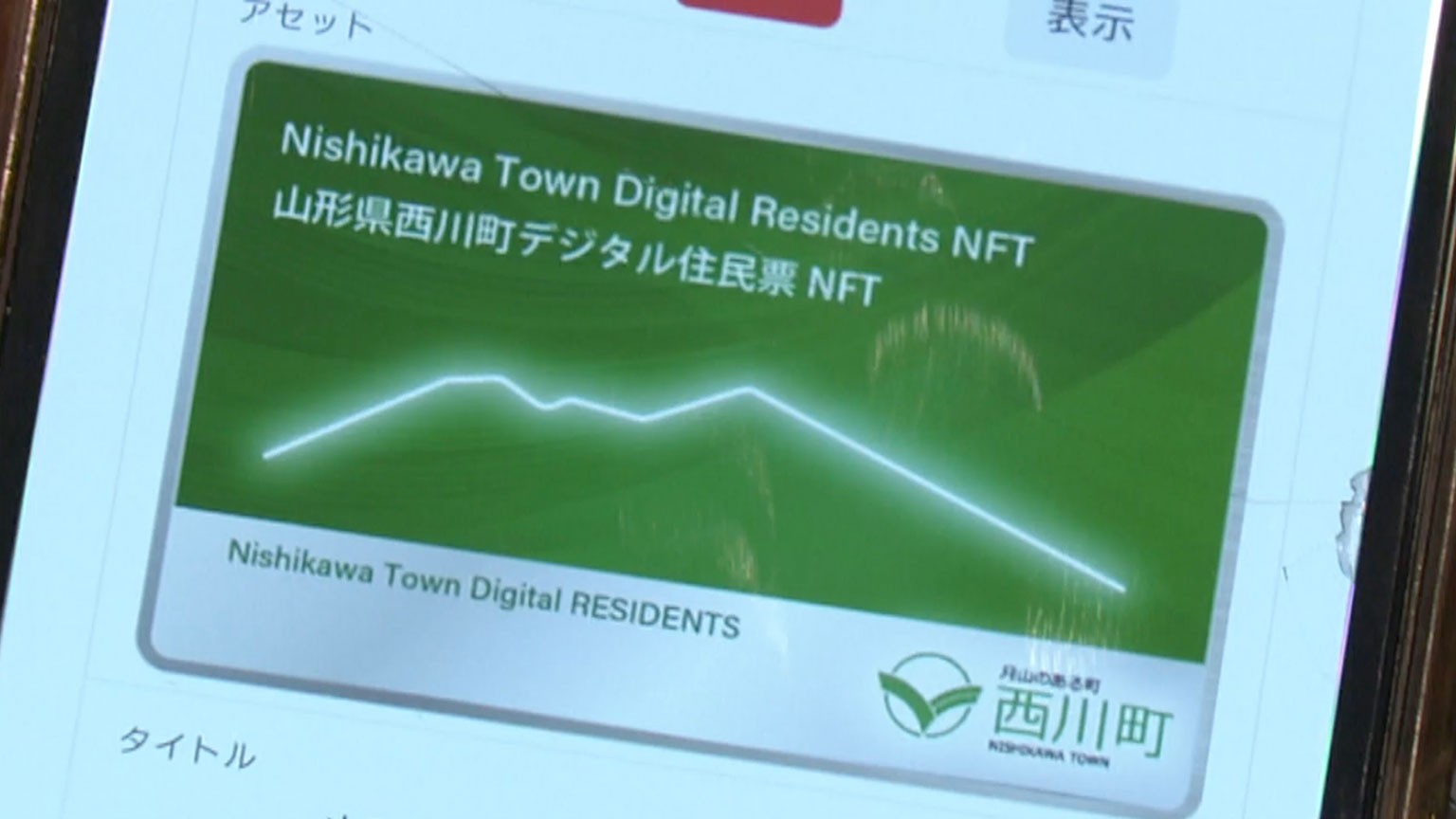Nishikawa, which has a permanent population of about 4,600, is the first municipality in Japan to offer a unique digital residence card using NFT (non-fungible token) technology. From across the country, 680 people have signed up for a taste of small-town life.
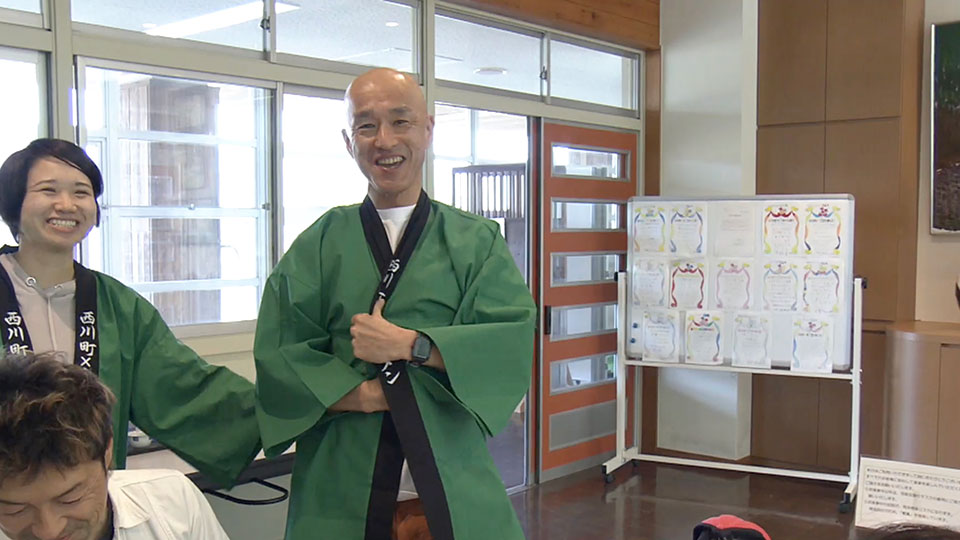
One woman from Osaka signed up for the digital residency program because she wanted to take a break from city life and enjoy what the mountains have to offer.
"Osaka is a very urban area," she says. "So, the natural resources of Nishikawa, like its wild vegetables and spring water, are very attractive."
A battle for survival
Nishikawa is located four hours from Tokyo by bullet train and other local transport. Its population peaked in 1954 at about 15,700. These days, nearly half of the permanent residents are 65 and older.
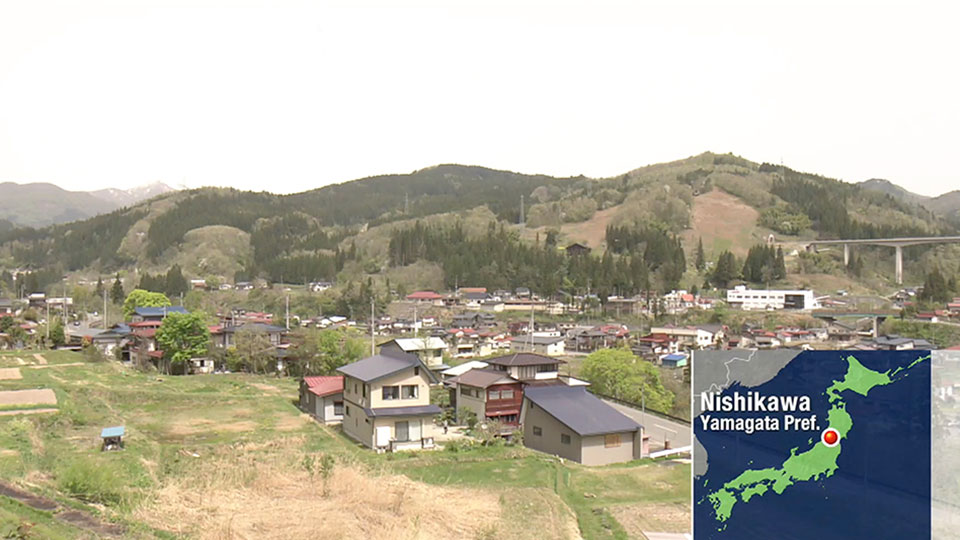
Its battle for survival is far from unique. A recent report by the Population Strategy Council found more than 740 municipalities across Japan are at risk of disappearing. Alarmingly, the number of young women in those at-risk communities is forecast to halve by 2050 in a shift that will have a major impact on births.
New mayor with fresh ideas
Two years ago, people in Nishikawa elected a hometown talent, 43-year-old mayor Kanno Daishi. His mission is to fight back against population decline by rethinking what it means to be part of the town's community.
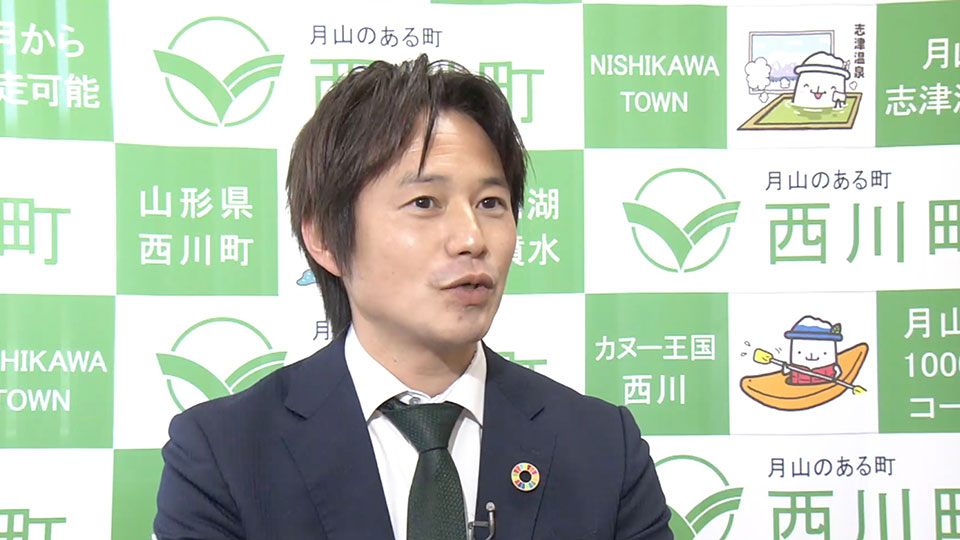
The digital program is his idea. "It's difficult to solve our issues solely through the efforts of residents, as we've seen in the past," says Kanno. "We want to sustain the town by leveraging the power of the ‘related population'."
The term 'related population' refers to people who don't live in Nishikawa but want to feel connected and support the town.
Nishikawa's digital residents pay 1,000 yen (about $6) to sign up. Benefits include a free visit to hot springs, as well as virtual access to town events.
The initial offering of 1,000 digital residency cards was well over-subscribed with more than 13,000 applications – many of them city-dwellers looking for a sense of community.
Shirakawa Yoshimi, 40, is a digital resident from Tokyo. She has visited Nishikawa five times and made local friends. "Now I feel like I can say I am home when I come back," she says. "It's very special."
Since the program launched, annual donations to the town have reached 360 million yen, or about $2.3 million. That represents a 250 percent jump in revenue pledges over the past two years.
To drum up interest, Nishikawa even has its own app-based augmented reality scavenger hunt through town. More than 3,600 people took part last year, resulting in an estimated economic impact exceeding $1 million. The second version was released in April this year.
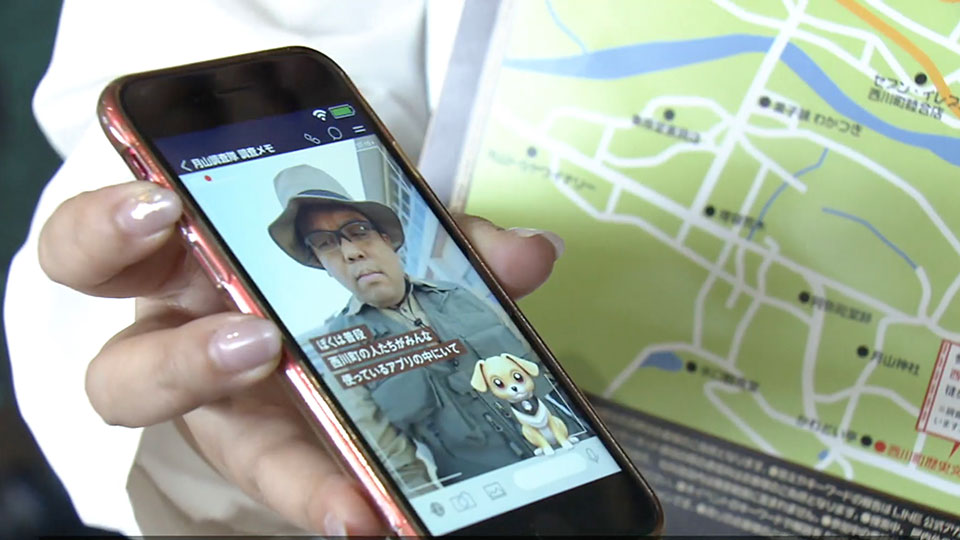
Officials from other areas are paying close attention to Nishikawa's success. Nomura Isamu, the mayor of Yachiyo town in Ibaraki Prefecture, came to learn. "Mayor Kanno's measures appear to attract young people who live outside the town. That's wonderful and it's something I want to reference," he notes.
More help needed
Many small towns, including Nishikawa, offer housing and childcare support. But young people continue to flock to big cities like Tokyo for education and job opportunities.
The Japanese government is responding to calls for help by offering subsidies for people who leave metropolitan areas to start businesses in small towns. It also gives preferential tax treatment to companies that move to rural areas or expand their operations there.
Nonetheless, the overall population trend isn't changing.
In Nishikawa, construction is underway on a new facility set to be a cross between a visitor's center and co-working space. The town wants to show that it's not just a nice location to visit, but also a place to work and live.
"It's normal for Japanese people to throw a lot of support behind something they're passionate about," says Kanno. "Because of that, I want to grow Nishikawa's related population as much as possible."
